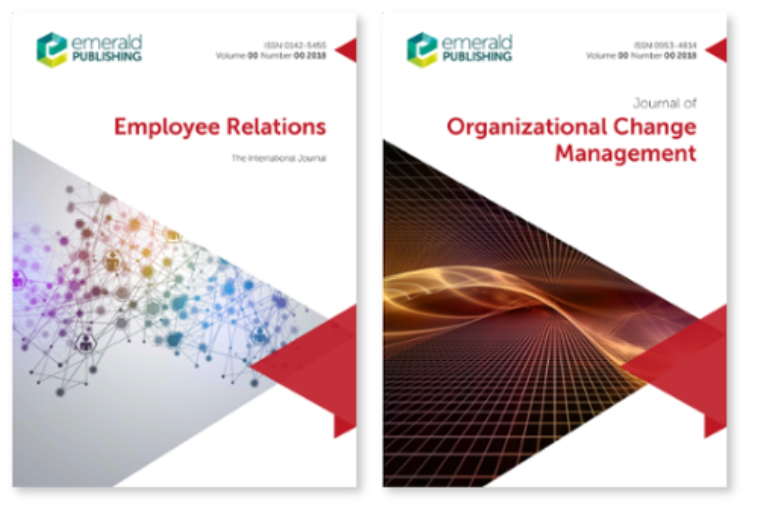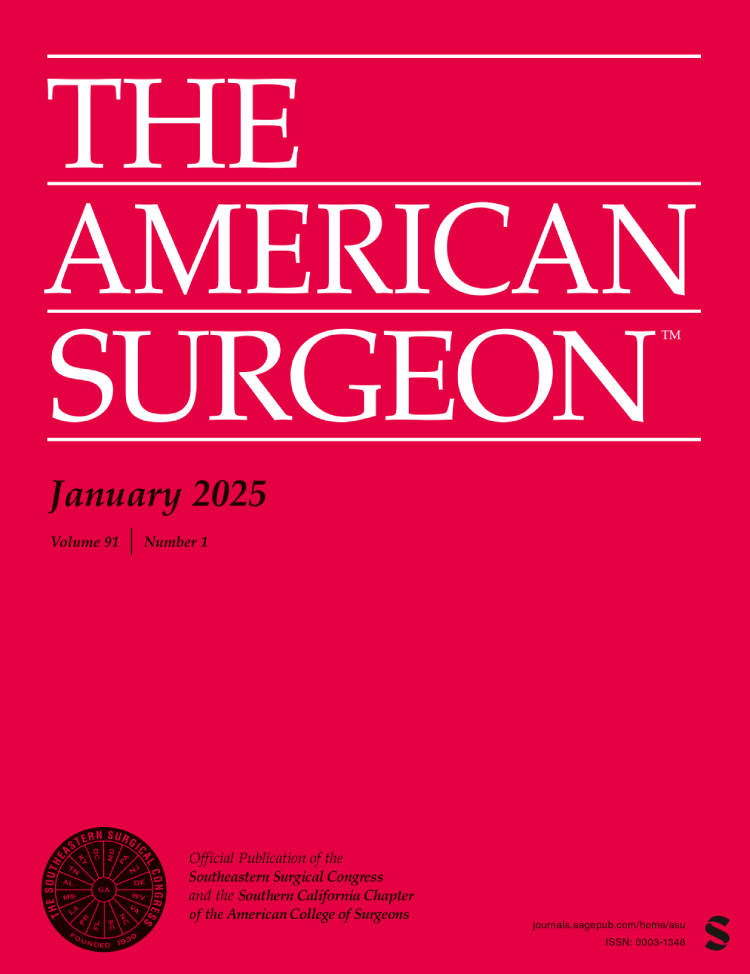Two management journals from the same publisher have retracted a pair of articles for taking “models, samples, and results” from each other and earlier work.
A tip from an anonymous account sent in November to Retraction Watch, sleuth Elisabeth Bik, and others called out duplications in the papers. Bik then posted the two articles on PubPeer in November 2024, noting several identical sets of tables between the papers, despite the works investigating survey data on different topics from different populations — intention to leave among employees from the hospitality sector, and resistance to change among managers at private organizations.
Continue reading Pair of management papers retracted for similarities to earlier work






